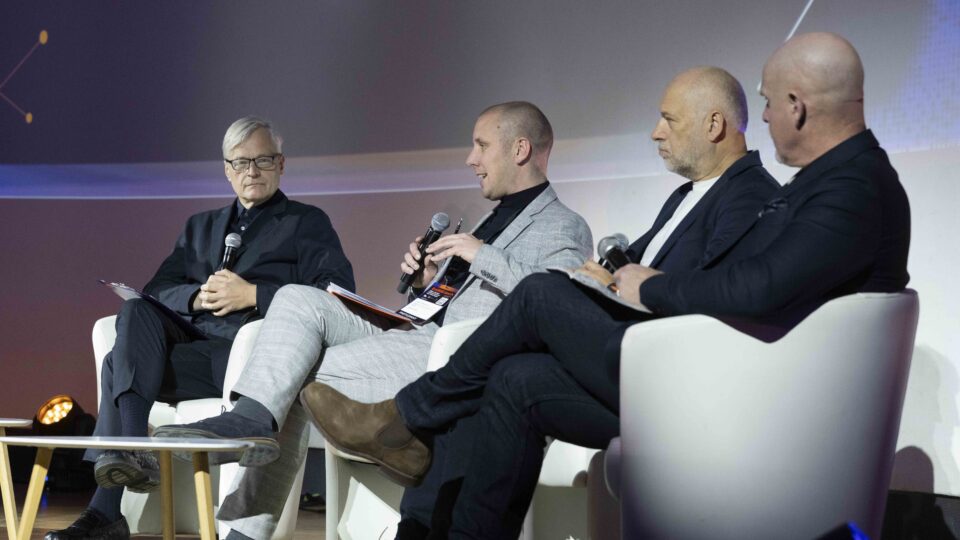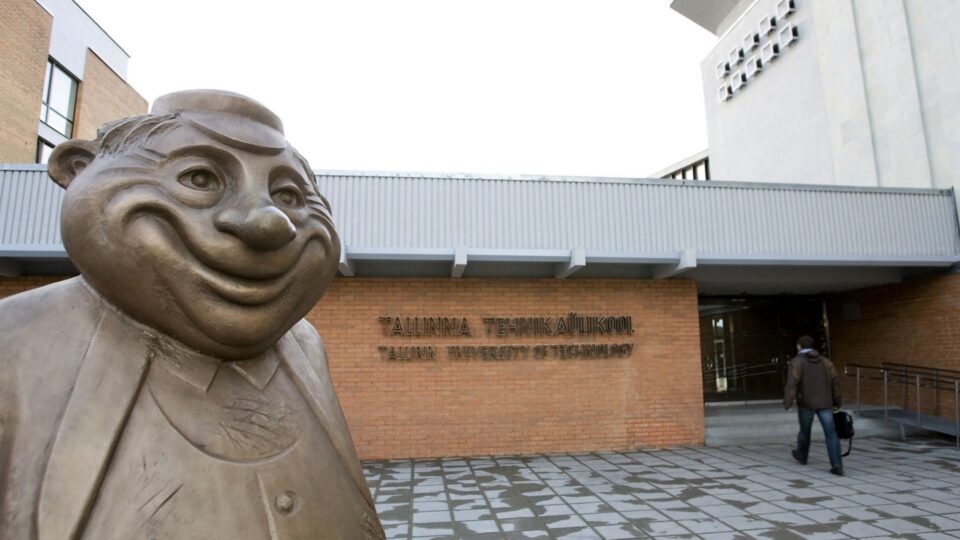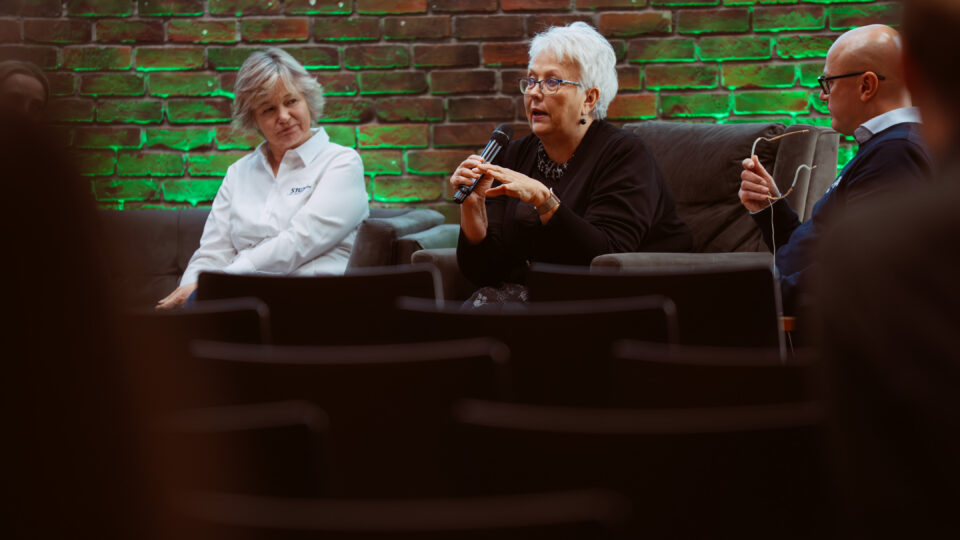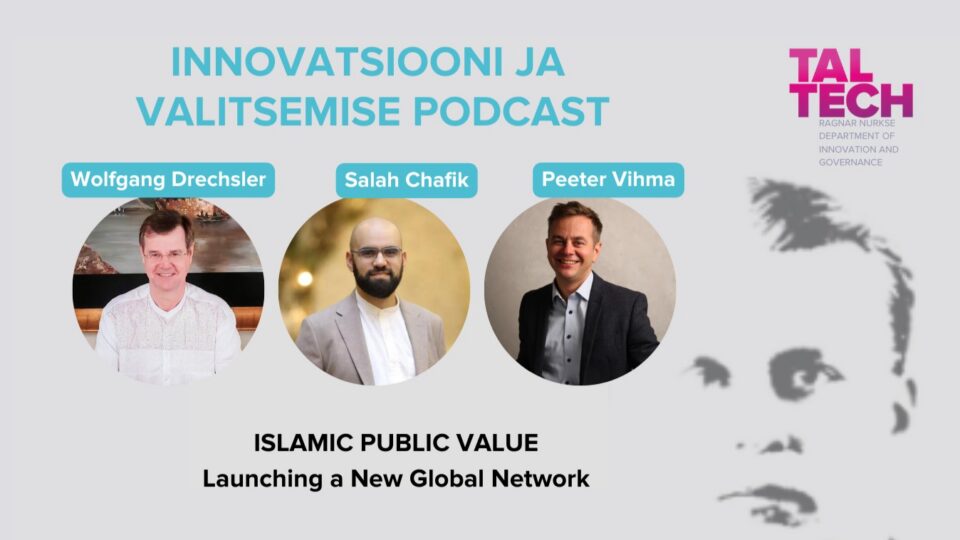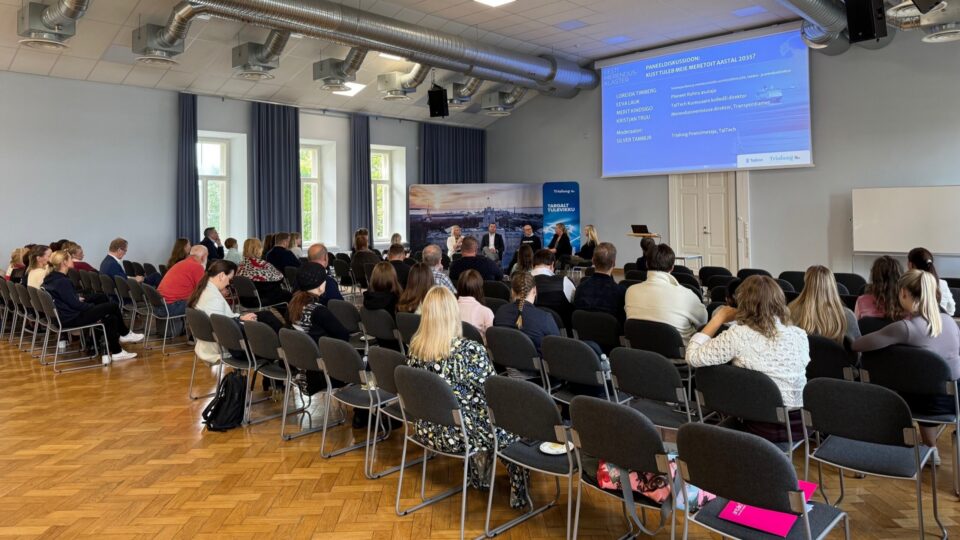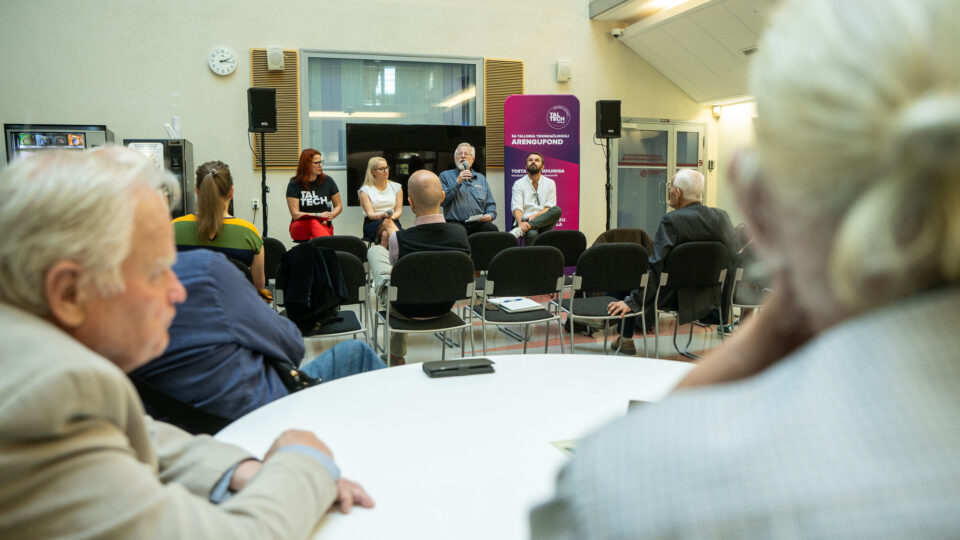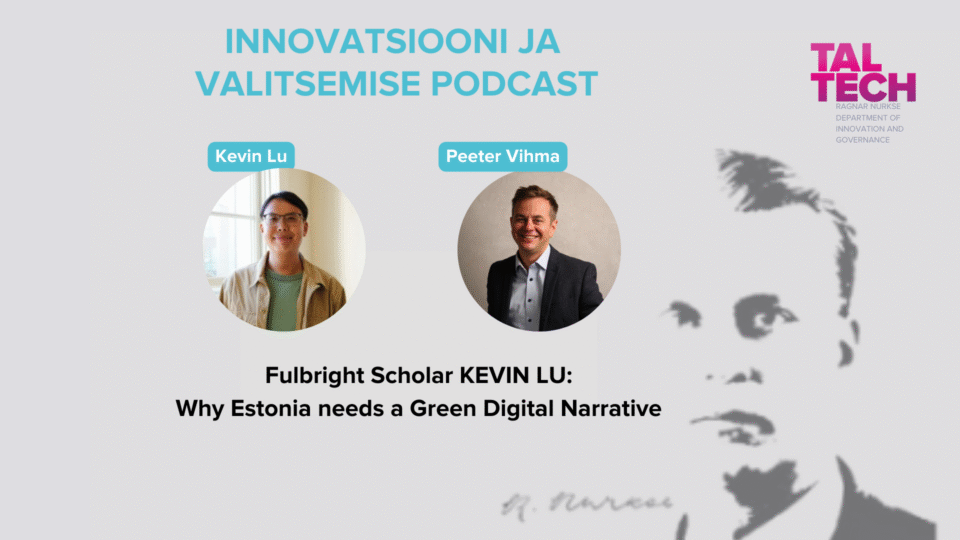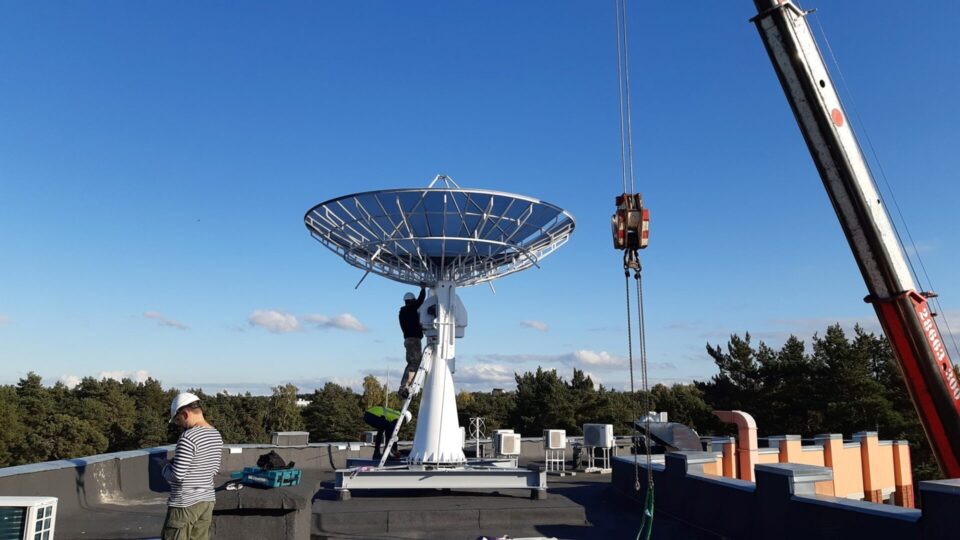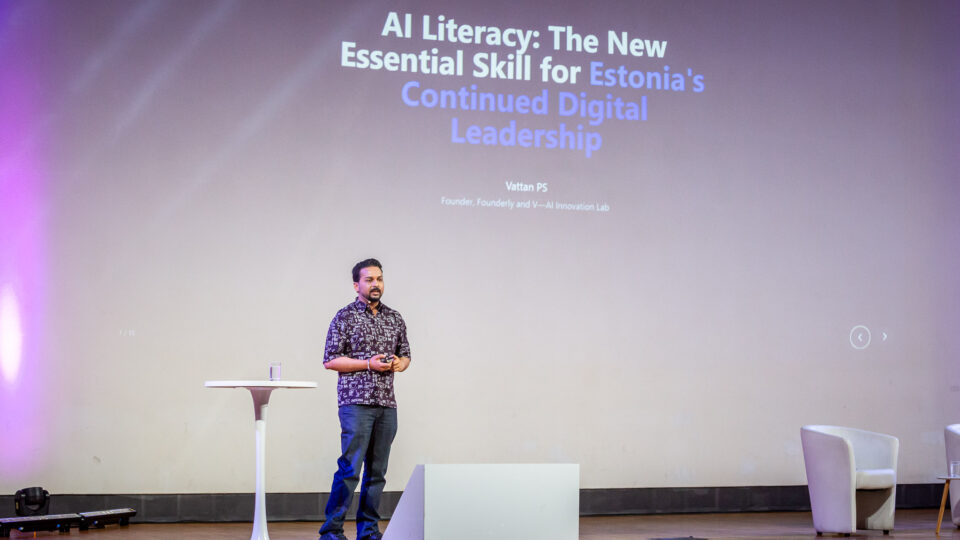One of the most substantial discussions at the defence conference EstMil.tech, co-organised by Tallinn University of Technology, was a panel in which defence experts from different countries and backgrounds examined the military role and potential of artificial intelligence. The question was simple yet sharp: whether – and to what extent – does AI change decision-making on the battlefield?
Society
TalTech’s direct current innovation workshop brought together the public sector, researchers, and entrepreneurs, all emphasizing one key point: the development of direct current (DC) is no longer confined to drawings and models, but is rapidly making its way into real buildings, streets, chargers, and data centres. The technology is already there – what is needed now is decisiveness.
How can TalTech be shaped over the next decade into a driving force that cultivates engineers, generates technologies, and connects science with entrepreneurship? This question was tackled during the TalTech development strategy discussion “TalTech 2035 – Estonia’s Growth Platform of the Future?” by Vice-Rector for Entrepreneurship Erik Puura, Tehnopol CEO Agnes Roos, Head of the Innovation and Technology Department at the Ministry of Economic Affairs and Communications Sigrid Rajalo, and TalTech Council member and CFO of the tech company Helmes, Madis Margus.
The panel discussion at the university's health and food technology focus center’s specialty day showed that while Estonia’s vision is clear and effective solutions already exist, the sector still faces various obstacles such as bureaucracy, labor shortages, and fragmentation – there is a lack of a cooperation mechanism that would lead problems swiftly to solutions.
A significant event took place at Tallinn University of Technology on 17 September: the launch of the Islamic Public Value Network. This initiative crowns a major research project on Islamic public value, supported by the John Templeton Foundation. But what exactly is Islamic public value? How does it respond to today’s societal challenges, and why does it matter for governance across the world?
Although Estonia is a maritime country, our people still prefer meat or imported salmon and trout over domestic fish on their plates. Local fish rarely reaches store shelves and even less frequently the dining table – for several reasons: availability, quality, price, prejudices about Baltic Sea pollution, and even the lingering smell of fish in the kitchen.
TalTech’s Green Theme Month panel discussion tackled one of Estonia’s greatest social contradictions – climate skepticism – and asked what sustainability means in today’s world and which environmental problems engineering can actually solve. The discussion brought together academician Tarmo Soomere, professor Erkki Karo, ESG specialist Merili Vares, and was moderated by Mari Öö Sarv, editor-in-chief of Mente et Manu.
Fulbright scholar Kevin Lu spent a year in Estonia mapping its climate-tech ecosystem – now he shares what he discovered, and why the country needs a green digital narrative.
Estonia has earned a global reputation as a digital trailblazer, but its next strategic move may come from much higher up—literally. Building on its strengths in cybersecurity and digital governance, Estonia is now laying the groundwork to become a leader in securing space infrastructure.
Estonia has all the prerequisites to become a leader in the age of artificial intelligence – but this opportunity must not be missed.
